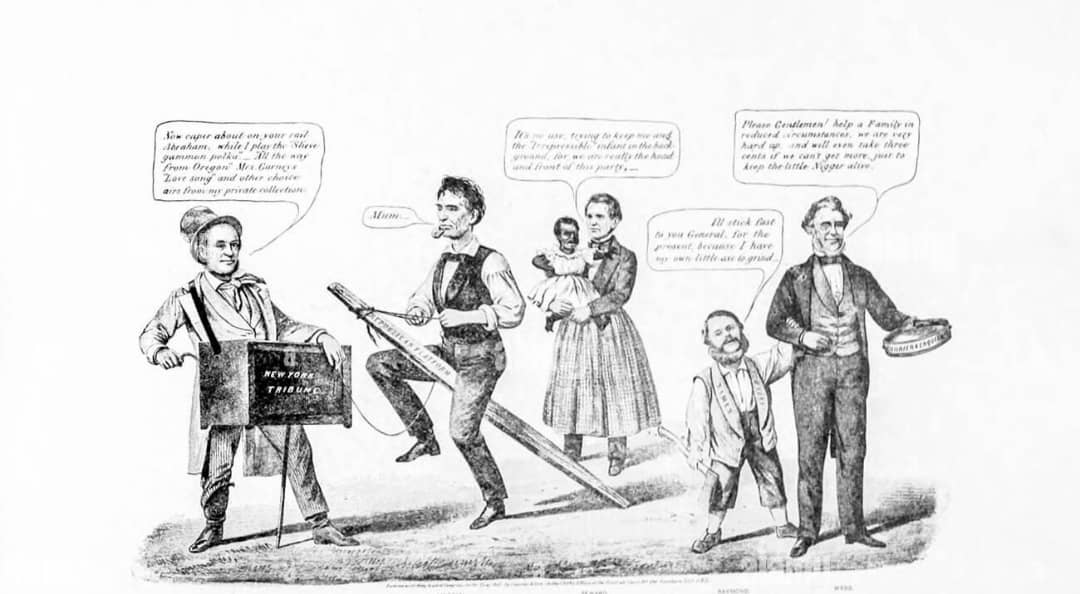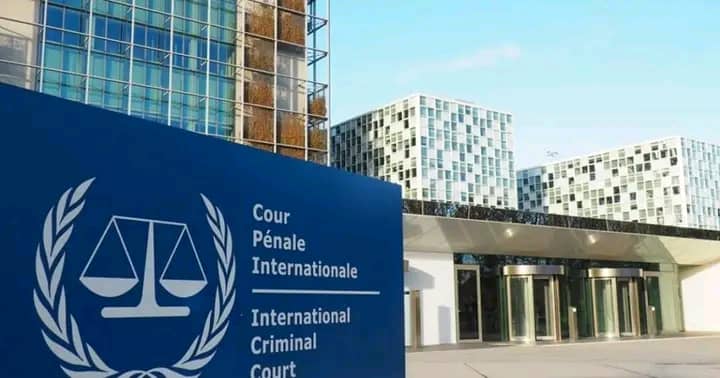By Burnett Munthali
In a thought-provoking message shared on the Maravi Post Readers Forum WhatsApp group, Zephaniah Reuben has drawn attention to what he describes as “political slavery” in Malawi. His comments resonate with a growing concern about the extent to which party loyalty can sometimes compromise individual freedoms and critical thinking.
“Here in Malawi, there is political slavery, and some on this forum are victims,” Reuben stated, emphasizing that many individuals mistakenly believe their unwavering loyalty to political parties signifies genuine love and commitment. In reality, he argues, this loyalty can lead to a state of subjugation where personal and national interests are overshadowed by party allegiance.
Reuben’s assertion reflects a broader sentiment among many Malawians who feel trapped by a political culture that demands unquestioning loyalty. This phenomenon often manifests in the reluctance of party supporters to criticize their leaders or challenge policies that may not align with the public’s needs. Reuben’s use of the term “slaves” starkly illustrates the psychological and emotional toll that blind allegiance can impose on citizens.
The discussion sparked by Reuben’s comments has ignited a critical dialogue within the forum about the implications of political loyalty in Malawi’s democracy. Many participants have echoed his sentiments, calling for a reassessment of the relationship between citizens and political parties. The conversation underscores the importance of fostering a political environment where individuals feel empowered to voice dissent and hold their leaders accountable without fear of retribution.
As Malawi approaches another election cycle, Reuben’s observations serve as a timely reminder for citizens to reflect on their political affiliations and the potential consequences of their loyalties. His message encourages Malawians to cultivate a more informed and critical approach to politics, urging them to prioritize the nation’s welfare over party lines.
In a landscape often characterized by division and partisanship, voices like Zephaniah Reuben’s contribute to a crucial dialogue about the future of Malawi’s political culture and the necessity for a more liberated, accountable, and participatory democracy.



